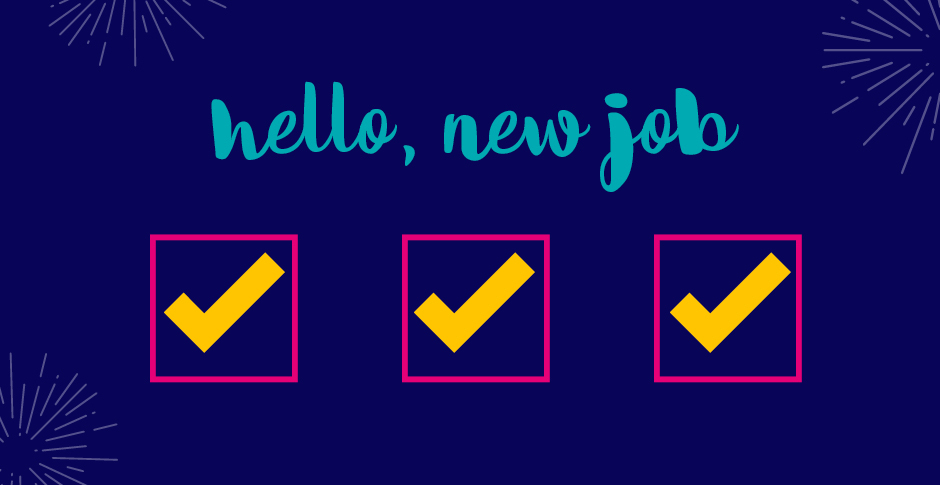For many job seekers, the idea of being headhunted can seem like some mythic Holy Grail answer to all of their prayers. After all, having a company come to you puts you on career easy street, right?
Yes, and no. Having a company approach you because your skills and experience match what they’re looking for can fast track your application process. But it’s still important to be discerning, and decide whether the job on offer is the right one for you, and your career long-term.
Being headhunted could happen to you
Companies are always looking for new and intelligent ways to streamline their recruitment processes, and many are opting to recruit targeted individuals rather than wade through masses of job applications.
SEEK Profiles are designed to help candidates jump ahead of the pack, so the right employers can see your skills at a glance, and get in touch with roles most suited to your experience.
As SEEK Profiles are more widely used by employers, the potential to be headhunted becomes more of a reality for many candidates. It’s time to prepare yourself for a golden opportunity that could come from out of the blue.
7 rules for being headhunted
- You’ll get a call without warning – probably while you’re at your current place of employment. Remain calm and professional, and if you can’t talk right then and there, ask if you can call them back at a time that suits both of you.
- When you speak to them about the role, refrain from selling yourself (as this can come across as desperate) but do express your interest. Being too reserved or sounding indifferent can put potential employers off. Just because you’ve been approached doesn’t mean you are guaranteed the job. Being headhunted gives you an in, but you will still have to prove you’re the right person for the role.
- Make sure you have a solid understanding of what the role on offer is, and don’t be afraid to ask questions. The employer should be able to provide you with a job description, or at least a detailed brief. Take a few notes to refer back to, and ask them to send you the details to your personal email address.
- Do your research. School yourself on the company, their industry, who their major clients are, how they are performing financially, what opportunities there are to progress internally, and what they are like to work for. Find out everything you can about them to give yourself a good feel for what they might be like to work for.
- If they’ve been up-front about money, compare the salary package on offer with your current salary, like for like, including benefits and allowances. It can be easy to get swept up when a big figure is on offer, but consider the total package.
- If the approach comes completely out of left field it can leave you in a spin. While it’s hugely flattering to be approached by a company, rather than the other way around, it’s important to take some time to consider their offer rationally.
- Weigh up the pros and cons and carefully consider your options. Make your decision, and be sure to get back to them on time. If your answer is yes, you’ll progress further to the interview process. If your answer is no, politely decline and thank them for considering you.



